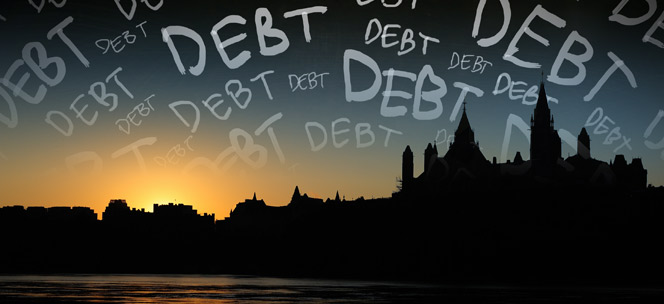Government distorts financial picture with definition of capital

OTTAWA, ON: The Canadian Taxpayers Federation is calling on Prime Minister Mark Carney to focus on reducing debt rather than distorting the financial picture by watering down the definition of “capital” spending, as noted by the Parliamentary Budget Officer.
“The PBO shows the government is inappropriately expanding the definition of ‘capital’ spending,” said Franco Terrazzano, CTF Federal Director. “The reality is taxpayers need to cut through Carney’s budget spin and look at one number: How fast is the debt is going up?”
The Carney government announced it’s separating operating and capital spending in its budget. It also released its criteria for what it would consider capital spending.
The PBO’s analysis found that “Finance Canada’s definition and categories expand the scope of capital investment beyond the current treatment of capital spending in the Public Accounts of Canada.”
The PBO added that “based on our initial assessment, we find that the scope is overly expansive and exceeds international practice such as that adopted by the United Kingdom.”
“The government is acting fast and loose with the definition of ‘capital,’” Terrazzano said. “Handing out corporate welfare shouldn’t be considered ‘capital.’
“Regardless of the spending category, more debt means more interest payments and that’s what taxpayers need to focus on to hold the government accountable.”
The PBO’s Economic and Fiscal Outlook projects this year’s “deficit to increase sharply to $68.5 billion.” Debt interest charges will cost taxpayers $55.3 billion this year. That means that paying interest on the federal debt will cost each Canadian about $1,300 this year.
“The government is trying to muddy the water with its accounting nonsense,” Terrazzano said. “The government should stop focusing on cutting the numbers and instead focus on cutting the debt.
“Taxpayers will need to cut through all the accounting noise from the government and focus on one question: Is the debt going up or down?”